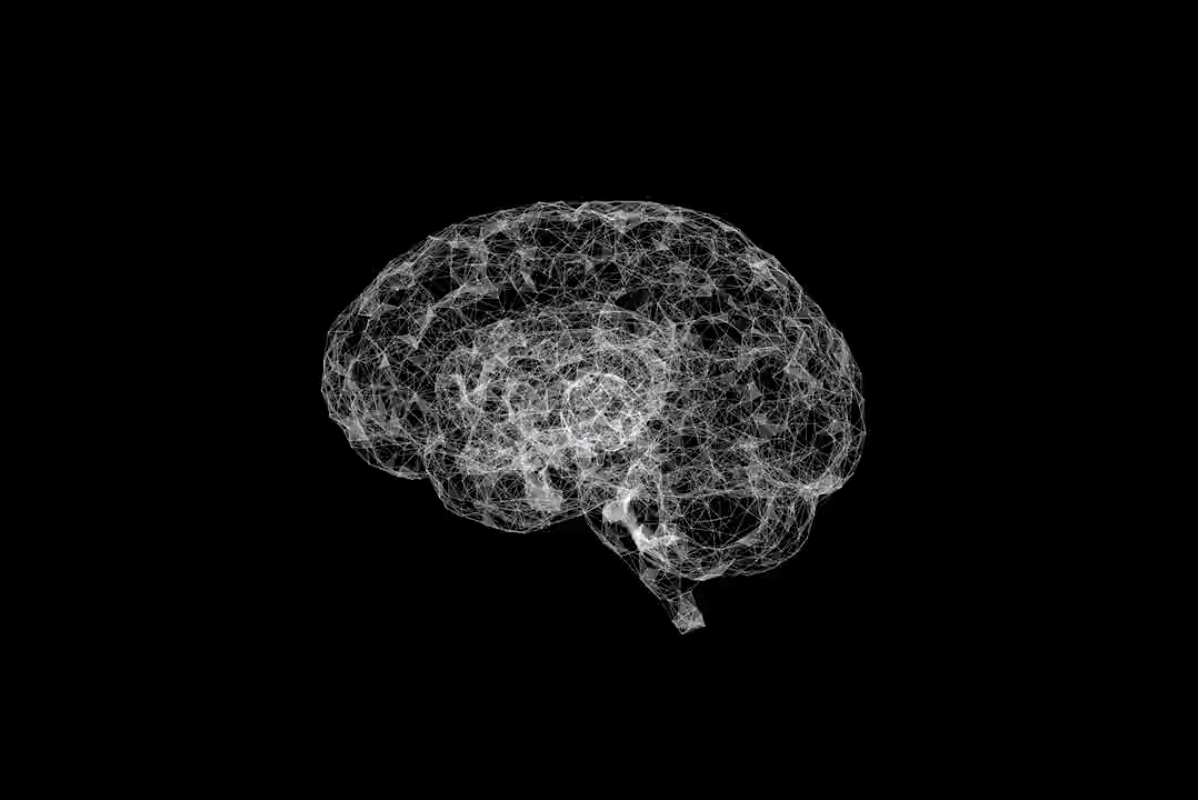A couple of highlights from around the web that made it into our feeds this week.
Scientists Use A.I. to Mimic the Mind, Warts and All
In one of the more fascinating developments at the intersection of cognitive science and artificial intelligence, researchers have trained a language model on the results of over 10 million psychology experiment responses—essentially teaching it to think like us, quirks and all. The model, aptly named Centaur, doesn’t just mimic surface behavior; it replicates human strategies, preferences, and even our logical blind spots. While some researchers argue this kind of mimicry lacks true explanatory power, others see it as a promising benchmark for modeling cognition at scale. Either way, it raises provocative questions about what it means to understand the mind, and what A.I. might teach us about ourselves. (from nytimes.com)
I Fought Plastic. Plastic Won.
This personal essay is part confession, part cautionary tale, and part investigation into just how deeply plastic has infiltrated our lives and bodies. Annie Lowrey’s quest to eliminate plastic from her home brings a reckoning with the futility of opting out of a material that is not only everywhere, but in everything: our food, our furniture, and our bloodstreams. While it’s wry, sobering, and even funny at times, it also offers pragmatic, science-backed steps we can take to reduce exposure. (from theatlantic.com)
Dedication
The world is surely giving us enough to worry about, so why not take a moment for some fiction. This short story follows a young boy from a Delhi slum, newly admitted to India’s most prestigious engineering school, and recounts the quiet horror (and quiet heroism) of postponing his father’s funeral to take the exam that might change his life. With tenderness, precision, and simmering class consciousness, Mahajan explores the cost of ambition, the absurdity of bureaucracy, and the invisible threads that connect grief and love. (from newyorker.com)
Related:
- “The Sacrament of Utility” Dr. Craig Smith’s 2025 Commencement Address at Case Western Reserve University School of Medicine
- “Dr. AI” Video Series: Can ChatGPT Step Up to The Medical Challenge?
- What We’re Reading: 06/06/25

